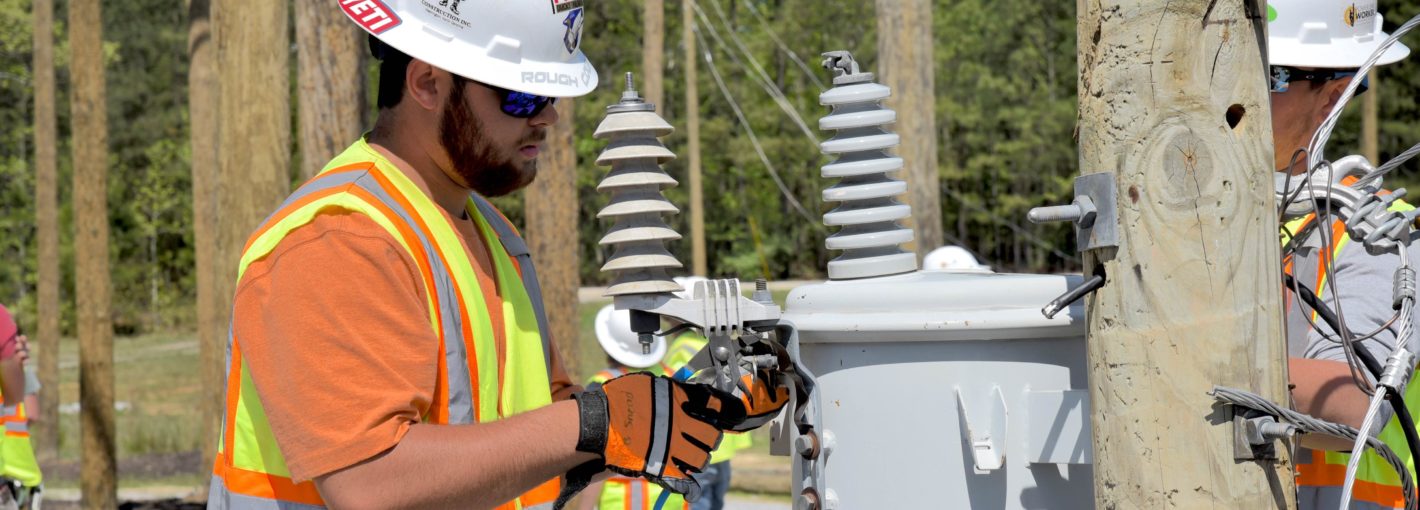Do you have an aptitude for mechanical or electrical systems? Do you enjoy building things with your hands? Do your friends and family call on you to fix things around the house? Would being up high on an electrical pole not phase you in the slightest?
If any of these sound like you, FastForward has a number of credentials to give you the skills and qualifications you need to take your knack for hands-on work to the workforce… and a salaried job.
What is the skilled trade industry?
Skilled trades are occupations that require a special skill, knowledge or ability which can be obtained at a college, technical school or through specialized training, like FastForward.
Skilled trades positions provide an alternative to jobs that require four years of college education and are in high demand because a large percentage of the workforce is retiring. Employers are actively looking for qualified individuals, and those with a skilled trade credential (or two or three) have an advantage when looking for a job.
What kind of jobs can I get, and how much can I make?
Skilled trades cut across all industries, and the jobs are in demand. Here’s a list of some jobs you can get in the skilled trades field. Salary information listed is the average annual salary according to the Bureau of Labor Statistics.
- Electrical Power-Line Repairer ($63,600)
- Cable Installer/Technician ($43,220)
- HVAC Service Technician ($50,210)
- Commercial Carpenter ($43,750)
- Facilities Maintenance Technician ($41,560)
- Backflow Prevention Technician ($46,310)
- Mechanical Technician ($60,860)
- Pipefitter ($50,330)
What kind of training is available?
FastForward has several different trainings under its skilled trades belt. Here is a sampling of credentials we help train our students for:
- Power Line Worker
- Backflow Prevention Device Certification
- Carpentry
- Construction
- Electrical
- Plumbing
- HVAC
- Pipefitting
- Industrial Maintenance Mechanic
Is there more information about the skilled trades industry, and the people who make it their career?
Here are a handful of stories that highlight the field, including success stories from our own program.
- In fast-growing southern states such as North Carolina and Virginia, there aren’t enough construction workers to meet the needs of new residents. (USA Today)
- Blue-collar jobs like plumbing pay $90,000 without a college degree, and it’s driving more workers to trade school (Business Insider)
- Women still represent only 3.4 percent of the construction trades workforce. Yet the skilled construction trades offer covetable jobs: wages are from 3 percent to 22 percent higher than the median in Virginia. (C-Ville Weekly)
- Serving the community and keeping the lights on: Brad’s journey to power line work (FastForwardVA)
Not all trainings are offered at every college, and they change based on the workforce in each region. The best way to find out if a training is offered near you is to contact your local FastForward Career Coach.
